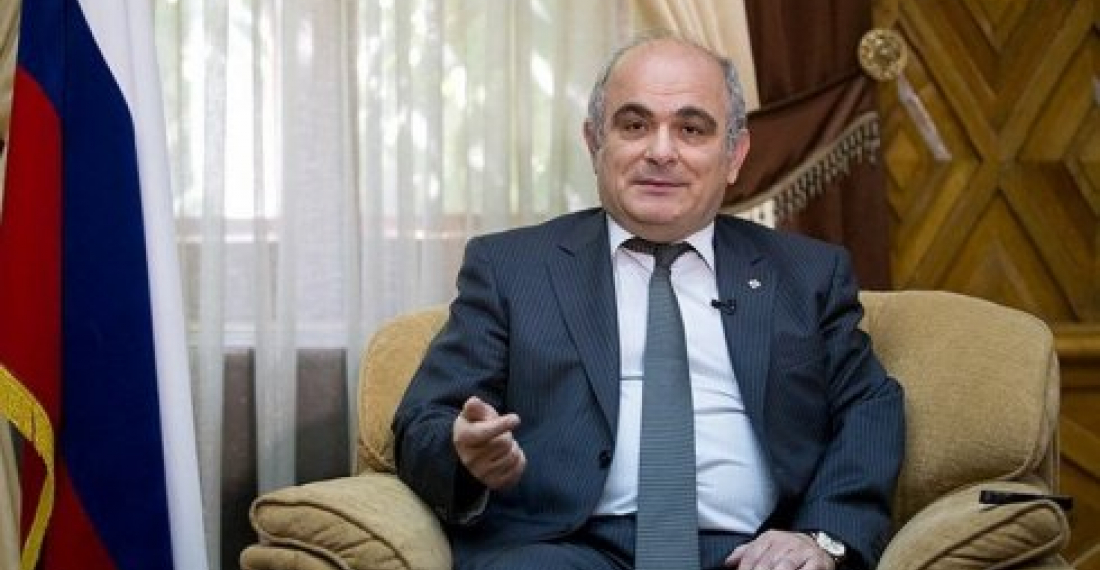Russia has moved to placate Iranian public opinion following criticism of its use of an airforce base in western Iran. The Russian Ambassador to Tehran Levan Dzhagaryan in a statement quoted by Tehran Times, said that Moscow respects the Iranian Constitution and is not seeking to have an airbase in Iran.
"Our message to the (Iranian) people and their representatives in the Islamic Consultative Assembly (parliament) is that there is nothing to worry about because Russia has never ever been, nor will it be, seeking an airbase in Iran. We do respect Article 146 of the Islamic Republic of Iran's Constitution and observe it seriously," said the ambassador.
Last week the Russian Defense Ministry announced it was using the Nojeh airbase, located in Hamadan, western Iran, to fly sorties over Syria, triggering criticism in the Iranian Parliament.
"On August 16, 2016, Tu-22M3 long-range bombers and Su-34 tactical bombers took off from the "Hamedan" airbase (the Islamic Republic of Iran) and carried out a concentrated airstrike on objects of the ISIS and Jabhat al-Nusra terrorist groupings in the provinces of Aleppo, Deir ez-Zor, and Idlib," the Russian ministry said.
The Russian ambassador in his statement further highlighted that the decision to use the airbase had been approved by Iran's Supreme National Security Council and future deployments would also be subject to mutual agreements.
Iranian officials criticised Russia for making public the use of the airbase, and accused Moscow of super-power posturing. The incident caused embarrassment to the government of president Rohani and threatened to spoil agreements that he had reached with President Putin of Russia when they met in Baku earlier this month. On that occasion a trilateral "Baku Declaration" was issued, aslo signed by Azerbaijan, in which substantial plans for economic co-operation between the three countries were announced.
source: commonspace.eu with Tehran Times
photo: Russian Ambassador to Iran, Levan Dzhagaryan (picture courtesy of Tehran Times)






